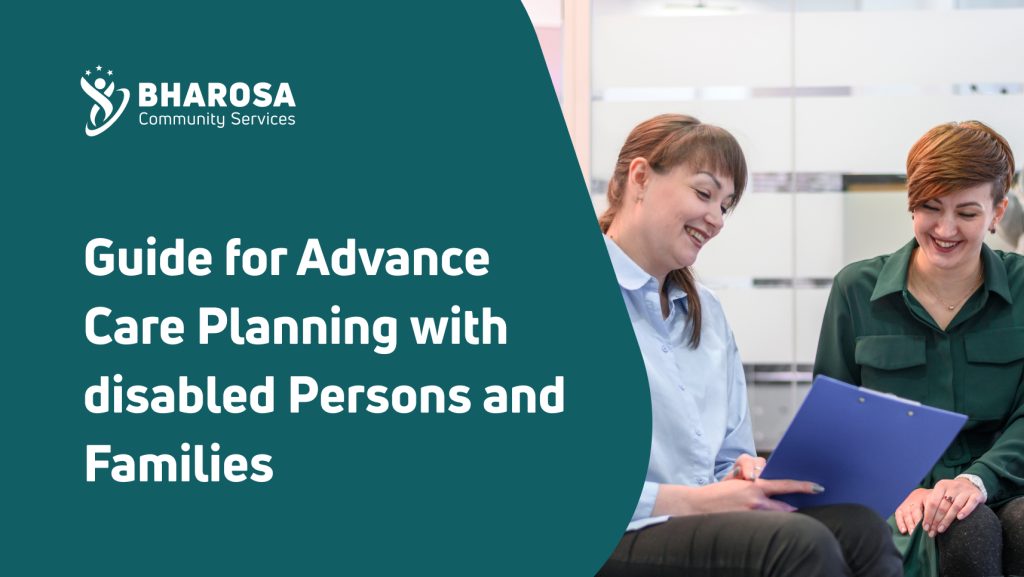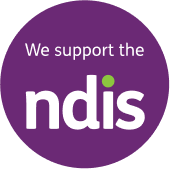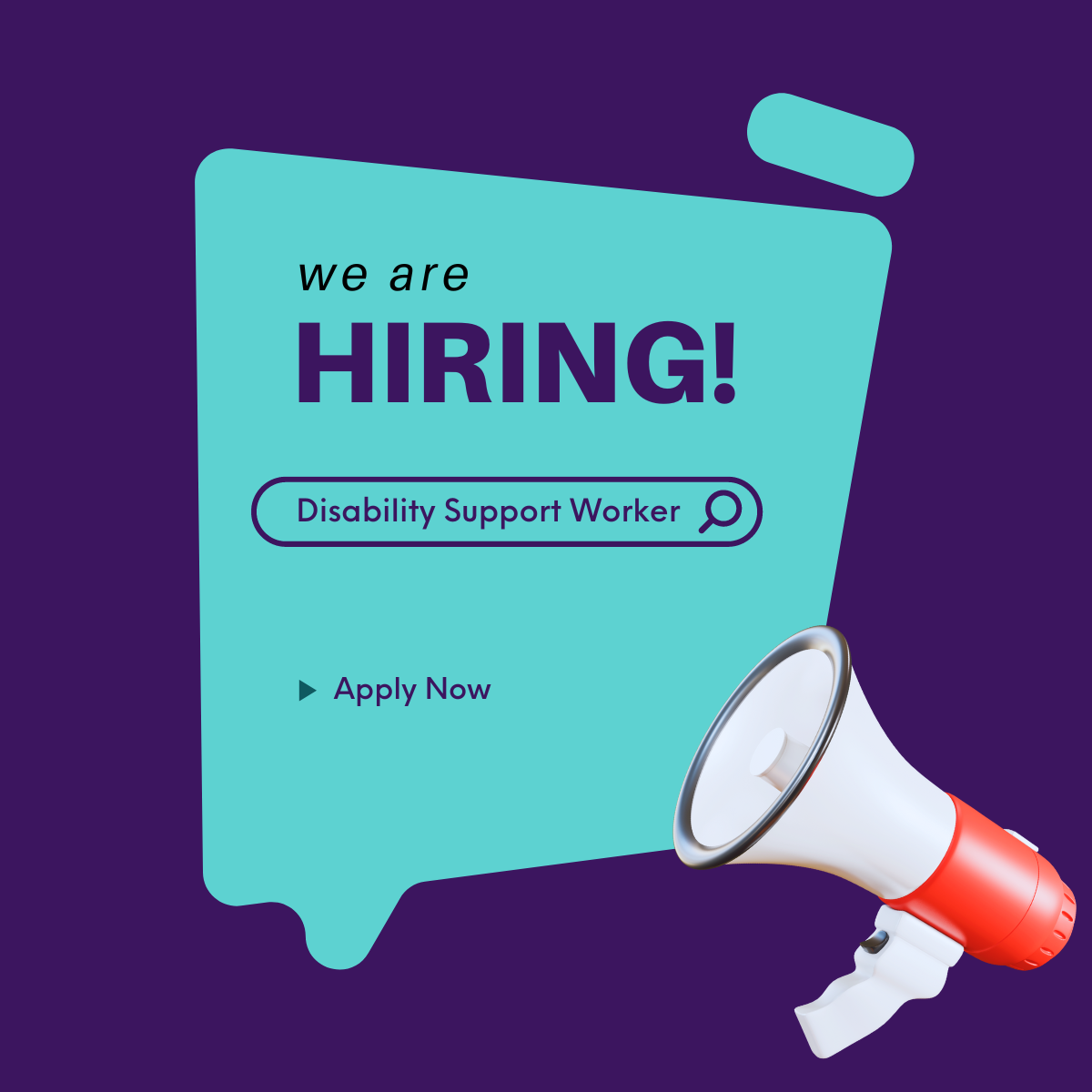Advance Care Planning (ACP) is a process of reflection, communication, and documentation that enables individuals to articulate their preferences for medical care in the event that they are unable to make decisions for themselves. ACP is essential for people with disabilities as they are more vulnerable to complex medical conditions that may require complex care management. Moreover, planning in advance is essential to ensure that the person’s wishes and values are respected and that the right medical care is provided when needed. In this guide, we will provide some essential tips for advance care planning with disabled persons and their families.
Start the conversation early.
Starting the conversation about advance care planning as early as possible is crucial. It is essential to allow the person with a disability and their family members to process the information and provide ample time to reflect on their preferences. The earlier the conversation starts, the better-prepared everyone will be for any future decisions.
Use clear and simple language.
It is essential to use clear and simple language when discussing advance care planning. Avoid using medical jargon or complicated terms that may confuse or overwhelm the person with a disability and their family members. Using clear and concise language will help everyone understand the choices and options available to them.
Involve the disabled person in the decision-making.
It is crucial to involve the disabled person in decision-making as much as possible. They should be included in the conversations, and their preferences and wishes should be respected. Even if they cannot communicate verbally, their nonverbal cues and body language should be taken into account.
Discuss the person’s values and goals.
It is essential to discuss the person’s values and goals in advance care planning. This includes understanding their spiritual, cultural, and personal beliefs, as well as their wishes for end-of-life care. Discussing these topics will help the person and their family members make informed decisions about their medical care.
Consider the person’s medical history and current health.
Considering the person’s medical history and current health is vital in advance care planning. Understanding the person’s medical condition, prognosis, and the likelihood of different outcomes will help the person and their family members make informed decisions about their care.
Identify a healthcare proxy.
Identifying a healthcare proxy is an essential step in advance care planning. A healthcare proxy is a person who is designated to make medical decisions on behalf of a person with a disability in the event that they are unable to do so themselves. It is essential to choose someone who understands the person’s values, beliefs, and wishes.
Discuss the person’s pain management preferences.
Discussing the person’s pain management preferences is crucial in advance care planning. People with disabilities may experience chronic pain, which can be difficult to manage. It is essential to understand their preferences for pain management and document them in advance care plans.
Consider the person’s quality of life.
Considering the person’s quality of life is crucial in advance care planning. This includes understanding the person’s preferences for daily activities, social interactions, and overall well-being. It is essential to ensure that medical interventions do not negatively impact the person’s quality of life.
Plan for end-of-life care
Planning for end-of-life care is an essential component of advanced care planning. Discussing the person’s wishes for end-of-life care, such as whether they would like to receive life-sustaining treatment, is crucial. It is critical to ensure that the person’s wishes are honored and that they are cared for compassionately at the end of their life.
Review and update advance care plans regularly.
It is important to review and update advance care plans regularly. As the person’s medical condition and preferences change, their advanced care plans should be updated to reflect these changes. Regular review and updates ensure that
In short, advance care planning is an essential process for people with disabilities and their families. It is crucial to involve the person with a disability in decision-making as much as possible and to use clear and simple language when discussing advance care planning. Identifying a healthcare proxy, considering the person’s quality of life, and regularly reviewing and updating advance care plans are also essential steps.
If you need any kind of information, Bharosa is always available!










